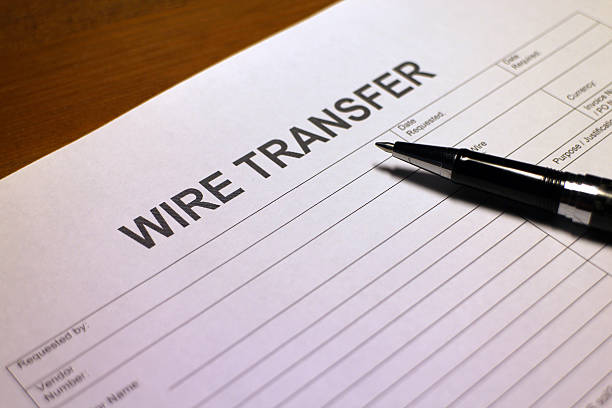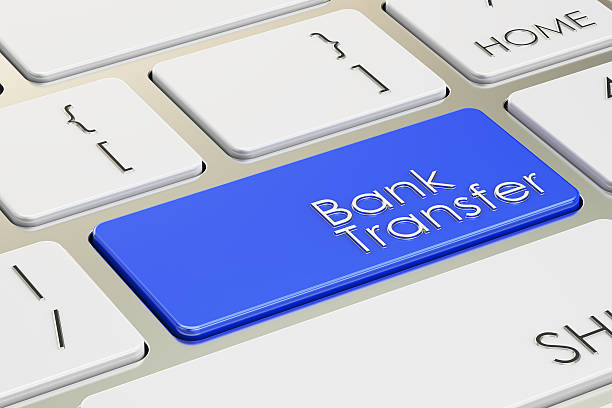Before delving into the specifics of using someone else's SWIFT/BIC code, let's first grasp the basics of what these codes are and why they are essential.
What is a SWIFT/BIC Code?
A SWIFT code, also known as a Bank Identifier Code (BIC), is a standardized code used to identify financial institutions worldwide. SWIFT codes are crucial for international money transfers, ensuring that funds reach the correct bank and branch. These codes consist of 8 to 11 alphanumeric characters and typically follow the format 'AAAA-BB-CCDDD,' where:
AAAA: Bank code (4 characters) - identifies the specific bank.
BB: Country code (2 characters) - identifies the country where the bank is located.
CC: Location code (2 characters) - identifies the bank's specific branch or office.
DDD (optional): Branch code (3 characters) - offers further identification if needed.
Why Are SWIFT/BIC Codes Important?
SWIFT/BIC codes play a vital role in international financial transactions by ensuring the correct routing of funds. When you initiate an international transfer, you provide your bank with the recipient's SWIFT/BIC code to specify which bank should receive the funds. This code guarantees that your money ends up in the right account, avoiding potential errors or delays.
Using Someone Else's SWIFT/BIC Code
Now, let's address the main question: can you use someone else's SWIFT/BIC code for a transfer? The answer to this question largely depends on the circumstances and intentions behind doing so.
Permissible Use: Authorized Transfers
In legitimate scenarios where you have the recipient's consent and authorization, using someone else's SWIFT/BIC code is acceptable. For instance, if you're transferring money to a family member or friend, they may provide you with their bank's SWIFT/BIC code to facilitate the transfer. In such cases, both parties are aware of and agree to the transaction.
Unpermitted Use: Fraudulent Activity
Using someone else's SWIFT/BIC code without their knowledge or consent can be considered fraudulent activity and is illegal. Such actions may lead to severe consequences, including legal actions, account freezes, and loss of funds. Engaging in unauthorized transfers is not only unethical but also against the law.
Conclusion
SWIFT/BIC codes are integral to international money transfers, ensuring the secure and accurate routing of funds. While using someone else's SWIFT/BIC code is permissible in authorized and legitimate transactions, it is crucial to always obtain the recipient's consent and ensure that the transfer aligns with legal and ethical standards. Engaging in fraudulent activity by using someone else's code without authorization is both unethical and illegal, with potentially severe consequences.
When conducting international transfers, it's essential to prioritize transparency, communication, and adherence to applicable laws and regulations to ensure a smooth and lawful financial transaction process.
Frequently asked questions (FAQs) about international bank routing codes




